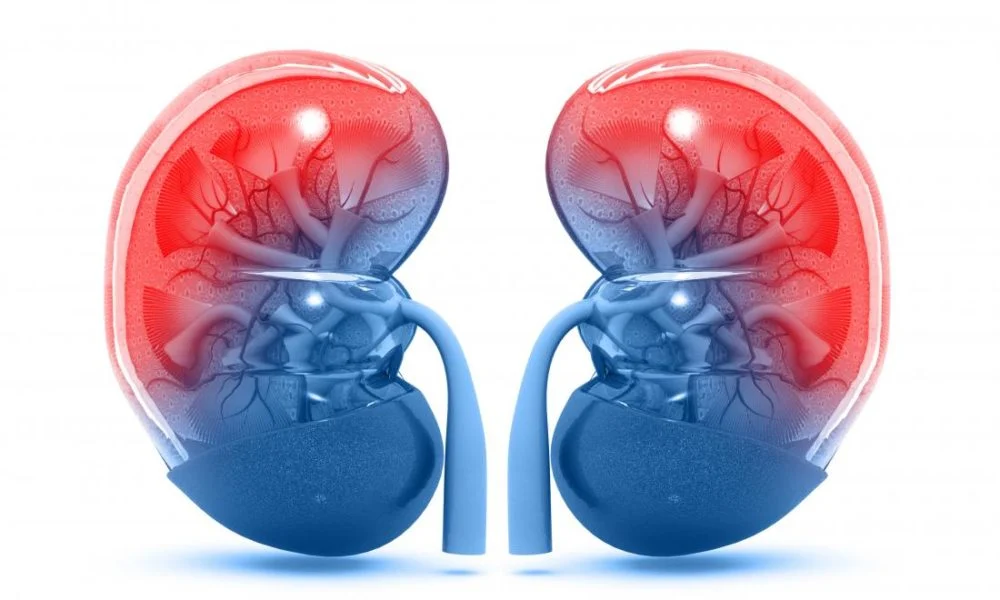A healthy life starts with well maintained kidneys. Recovery is very important after a kidney transplant. Healthy nutrition helps healing and produces long term success. Healthy eating post transplant increases vitality. It assists your new kidney to perform better.
How to eat right for kidney transplant recovery
How diet supports kidney health
The foods you eat will save your new kidney. Strength and immunity increase with a balanced diet. The treatment of kidney transplant depends on food and is affordable. It keeps recovery on course.
Key nutrients for kidney transplant recovery
The right nutrition is critical in post surgery kidney transplant. These are healing and kidney nutrients.
- Protein: Assists to rebuild tissues post surgery. Consume lean meat or fish or beans. Moderate portions are desired in order to put less stress on the kidneys. Seek the advice of a dietitian in terms of portion.
- Fruits and vegetables: Give vitamins and antioxidants. Limit high potassium food such as apples or cabbage. Stay away from foods that are rich in potassium such as bananas when advised to do so.
- Whole grains: They provide energy which does not overload kidneys. Oats and brown rice are preferable. Restrict those refined carbohydrates such as white bread. They maintain stability of blood sugar
- Healthy fats: Benefit the heart, which is an essential part of recovering. Apply avocados or olive oil. Avoid trans fats and fried food. This minimizes the inflammation.
- Fluids: Drink fluids to aid the kidney. Best is water, but amounts should be as directed by the doctor. Reduce the intake of soft drinks and alcohol.
- Calcium and vitamin D: Build strong bones against drug affected bones. Foods that are fortified or low fat milk are beneficial. South Texas Renal Care Group incorporates dietitians to lead you. They design recovery plans.
Foods to avoid after a transplant
Certain foods are harmful to your new kidney. The complications are prevented by avoiding them. This promotes inexpensive kidney transplant therapy. Check with your doctor always.
- High potassium foods: Bananas, oranges and potatoes will stress the kidneys. Restrict them on the advice of your doctor. There are safe substitutes.
- Salty foods: Processed meat and chips increase the blood pressure. Increased blood pressure is harmful to the kidney. Select fresh, low salt foods. This preserves your transplant.
- Raw or undercooked food: Raw or undercooked meat, fish or eggs may pose an infection problem. You are more vulnerable after the transplant to an immune system contraction. Prepare cooked foods well.
- Sweet food: Sweet foods trigger high blood sugar. Kidney strain and weight gain can occur with high sugar diets. Choose the natural sweetness of fruits.
Tips for a kidney friendly diet
It is easier to recover by planning your meals. These are the guidelines that assist you to eat well. They are low on costs by not partaking in health problems. Collaborate with your help providers.
- Consult with a dietitian: They develop individualized menus. This makes you consume the right nutrients. It endorses affordable treatment of kidney transplants. Routine follow ups are helpful.
- Read food labels: Sodium and sugar are what to watch for. The best are low-sodium and low potassium. This prevents kidney strain. It is just plain and efficient.
- Cook yourself: Homemade food regulates components. Use fresh herbs bereft of salt. Try simple and kidney friendly recipes. This is cost effective and health enhancing.
Summary
The recovery of kidney transplants is significantly enhanced through proper nutrition. Collaborate with your medical crew to win. Cost effective kidney transplant therapy begins with intelligent nutrition.

